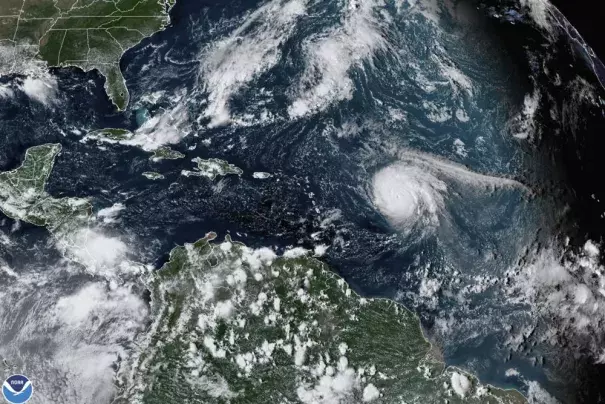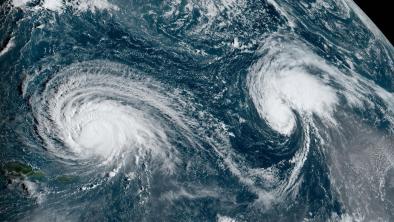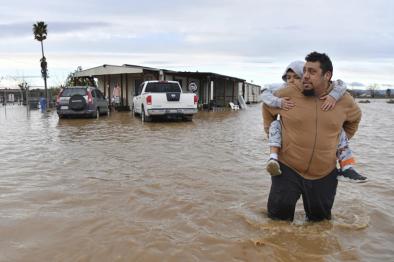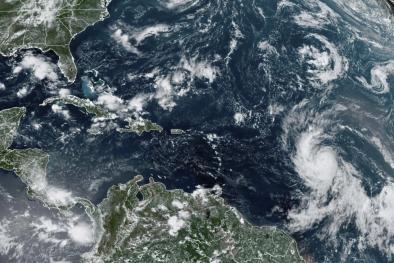NOAA Forecast Busier Than Average Atlantic Hurricane Season For 7th Year In A Row

The 2022 Atlantic hurricane season will likely produce more storms than the 1991-2020 average for the seventh year in a row, NOAA projects. Yesterday's forecast suggests the year will see 14 to 21 named storms (tropical storms or hurricanes), with 6 to 10 hurricanes, and 3 to 6 major hurricanes (Category 3 or higher). Sea-surface temperatures about one-half degree Fahrenheit hotter than last year in the Gulf of Mexico, heated by an unusually far north "Loop Current," are especially worrying because warm water near shore helps fuel rapid intensification that can catch coastal communities off guard. This creates more dangerous storms because “it’s higher octane fuel,” U. of Miami professor Nick Shay told The Verge. Hurricanes Katrina and Rita in 2005, Harvey in 2017, and Ida in 2021 were all strengthened by the Loop Current. "We’re seeing these storms happen more frequently. They’re lasting longer," FEMA Director Deanne Criswell told reporters. "We’ve seen such a dramatic change in the type of weather events that could be seen as a result of climate change." (Washington Post $, AP, Yale Climate Connections, The Verge, CBS, New York Times $, USA Today, Axios, The Hill, ABC, CNN, CNBC, Reuters, Wall Street Journal $, NJ.com, NBC Miami, Broward Sun-Sentinel, NOLA.com, Bloomberg $, NOLA.com; Climate Signals background: Hurricanes, 2021 Atlantic hurricane season, Hurricane Katrina, Hurricane Harvey)
To receive climate stories like this in your inbox daily click here to sign up for the Hot News Newsletter from Climate Nexus:
Related Content





